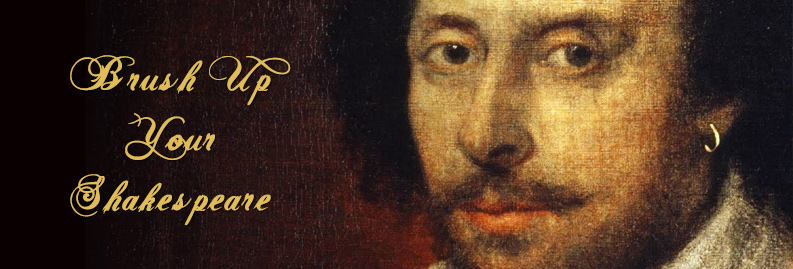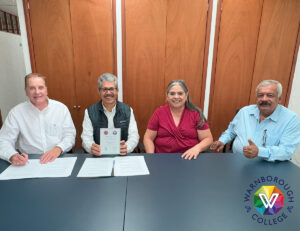This past weekend (April 23rd), the world celebrated the 400th anniversary of William Shakespeare’s passing.
Like or loathe him, there is no denying he (and his works) has greatly influenced the English language as we know it. Common everyday sayings that we take for granted first found life in the form of ink on parchment, drawn to being by the Bard’s hand. See if you can spot which works the following phrases come from:
While Shakespearean plays are not the be-all and end-all of theatre, they are groundbreaking in their use of the English language. From metaphors to intricate phrasing, Shakespeare’s English wears its heart on its sleeve. The creativity on display alone is as delectable as a dish fit for the gods. A common complaint is that the language is too archaic and might as well be Greek to most people. As good luck would have it, while the purists are assuaged by faithful productions of the Bard’s work, a brave new world of producers and performers have updated and transformed his works into language and contexts which resonate with people today. This helps to break the ice with younger viewers and introduce the Bard to them.
Although his works are over 400 years old, Shakespeare did not back down from difficult topics. From cannibalism to incest, audiences wait with bated breath for each Shakespearean instalment. His works mirror real life, making good of his own phrase that all the world’s a stage, and all the men and women merely players.
Critics who speak daggers of the Bard should be reminded that there is often method in his madness. He doesn’t just play fast and loose with the language. They should give the old devil his due. For a man more sinned against than sinning, he has inspired millions of people around the world for centuries. For goodness’ sake, this should be a foregone conclusion, by now. For as long as the English language lives on, so too will Shakespeare and his works forever and a day.
If you fancy your chances as the new Shakespeare, why not check out our Master of Arts in Creative Writing? Or to excel in a medium that did not exist in Shakespeare’s time, check out our MA in Screenwriting.
If you want to learn more about Shakespeare and his work, then do our programmes in Cultural Art History, the Sociology of Literature, or Media Studies.
How many did you get right?
the be-all and end-all (Macbeth)
wears its heart on its sleeve (Othello)
a dish fit for the gods (Julius Caesar)
Greek to me (Julius Caesar)
As good luck would have it (Merry Wives of Windsor)
brave new world (The Tempest)
break the ice (Taming of the Shrew)
bated breath (The Merchant of Venice)
all the world’s a stage, and all the men and women merely players (As You Like It)
speak daggers; method in his madness (Hamlet)
play fast and loose (King John)
give the devil his due (King Henry IV)
a man more sinned against than sinning (King Lear)
For goodness’ sake (King Henry VIII)
foregone conclusion (Othello)
play fast and loose (As You Like It)







